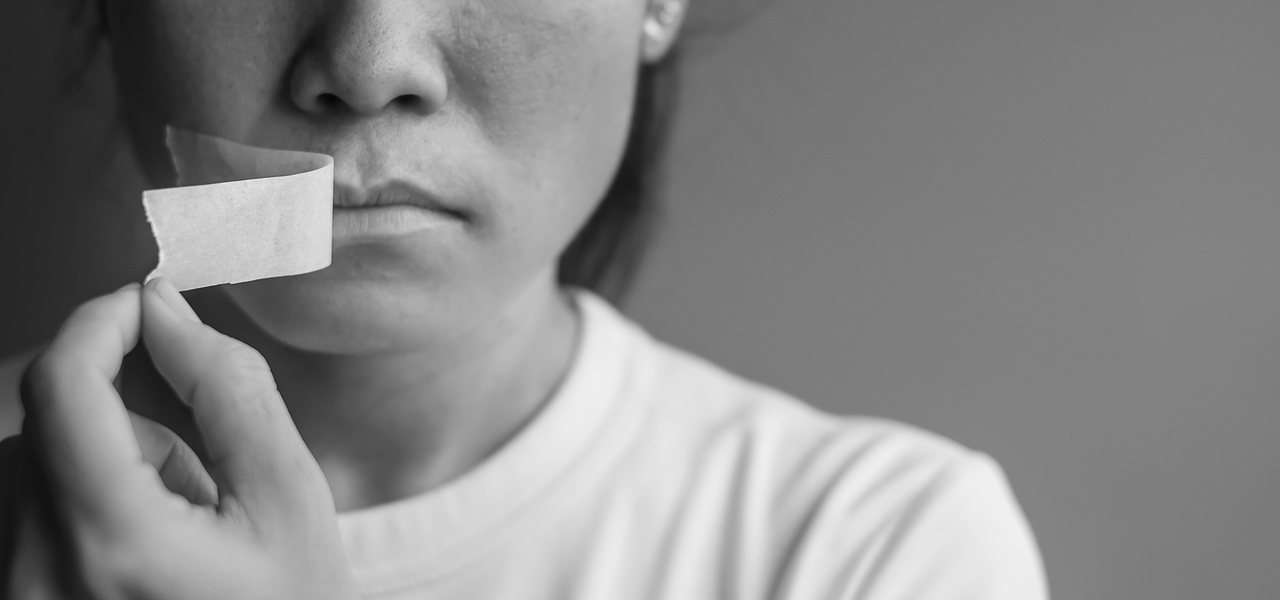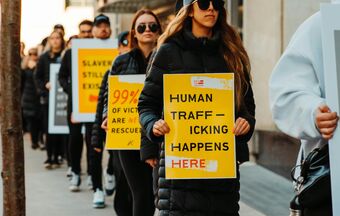A better story
Modern Slavery is a violation of human dignity, and represents the opposite of the flourishing God intends for us. Every person is made in the image of God, who calls us to bring freedom and restoration to the oppressed and the mistreated.
Join us as we work to tackle demand for human trafficking and advocate on behalf of victims, ensuring that our anti-slavery laws in the UK are fit for purpose.
Resources

Slavery is not a horror safely confined to the past; it continues to exist throughout the world, even in developed countries…Across the world slaves work and sweat and build and suffer.
Women in the Shadows from the Clewer Initiative
The Clewer Initiative is the national work of the Church of England to combat modern slavery.
The Women in the Shadows series is a collection of five short videos comprised of stories from survivors and interviews with experts.
They cover how women can be trapped in modern slavery, what life is like after being rescued, and the challenges in recovering from what they have experienced.
Ope's Story from Victoria Derbyshire
28-year-old Ope was brought from Nigeria to Coventry to work as a prostitute.
Figures from the National Crime Agency show nearly 800 women and girls working in the sex trade were identified as trafficking victims in 2014, with many of those coming from West Africa.
Ope told her story to the Victoria Derbyshire Programme.
If you suspect a case of modern slavery...
Contact:
• the Police (101 or 999 if someone is in immediate danger)
• the National Modern Slavery Helpline (0800 0121 700 modernslaveryhelpline.org)
• Crimestoppers (0800 555 111crimestoppers-uk.org) where you can leave information anonymously
Do not confront a suspected trafficker or victim of trafficking. Your safety and that of any possible victims is of primary importance.
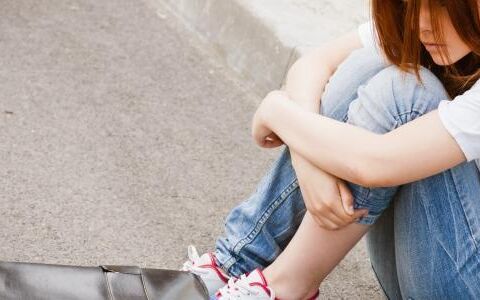
News about Human Trafficking
-
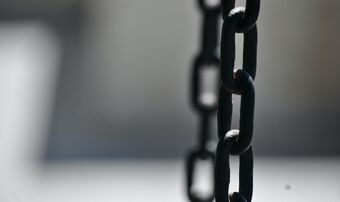
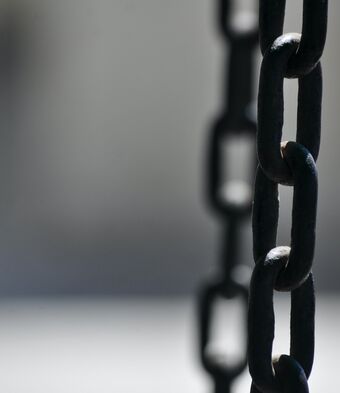 Modern slavery referrals rise by a third in a year
Modern slavery referrals rise by a third in a yearThe number of possible victims of modern slavery referred to the Home Office has hit a record high. In the three months to September there were more than 6,400 referrals, representing a…
Modern Slavery
-
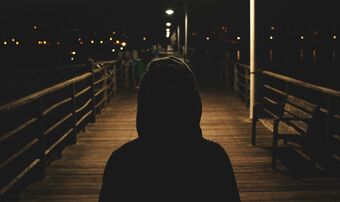
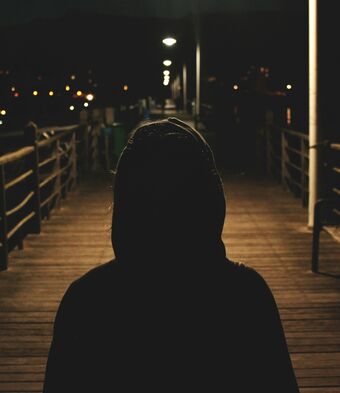 Thousands of Vietnamese migrants forced into slavery in the UK
Thousands of Vietnamese migrants forced into slavery in the UKAn investigation by The Times has revealed the growing scale of modern slavery affecting Vietnamese migrants in the UK, with thousands trafficked through Europe into exploitative work in nail bars, cannabis farms,…
Modern Slavery
-
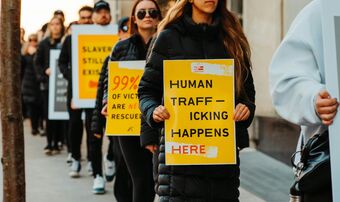
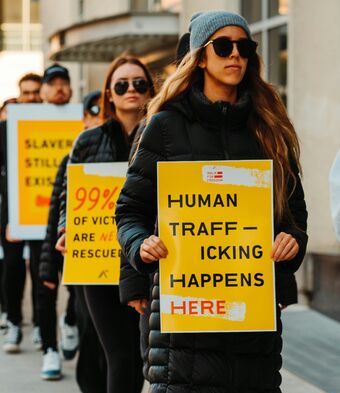 Record number of potential modern slavery victims
Record number of potential modern slavery victimsThe number of potential modern slavery victims referred to the Home Office reached a record high and have risen by almost a third in a year, according to new figures out today.…
Modern Slavery
-
Influencer Andrew Tate to face human trafficking charges
Modern Slavery
